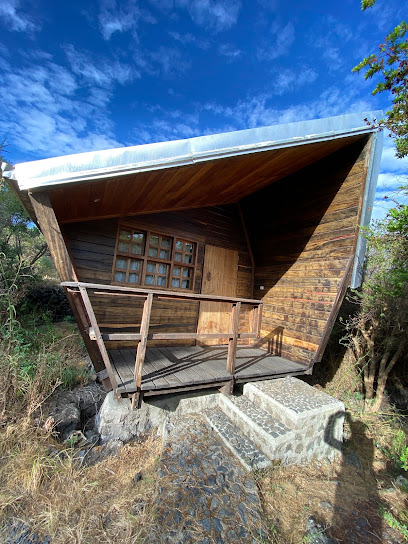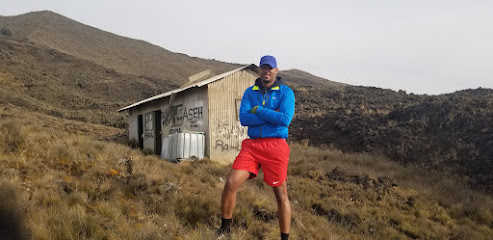
Exploring the Majestic Peaks of Mount Cameroon National Park
Welcome to Mount Cameroon National Park, a gem nestled in the heart of Cameroon. This park is home to the highest mountain in West Africa, Mount Cameroon, which stands at an impressive 4,040 meters. The park offers a unique blend of natural beauty, rich biodiversity, and fascinating cultural heritage. Mount Cameroon, also known as 'Mongo ma Ndemi' which means Mountain of Greatness, is an active volcano that last erupted in 2012. The park's diverse landscape includes lush rainforests, savannah, and volcanic craters, making it a haven for nature enthusiasts and adventure seekers. Trekking up the mountain is a popular activity, with routes suitable for both experienced climbers and casual hikers. The park is also a biodiversity hotspot, home to many rare species of plants and animals. Bird watchers will be delighted by the variety of bird species, including the endemic Mount Cameroon Francolin. Wildlife enthusiasts can spot primates, antelopes, and even elephants in the park. The local Bakweri people, who live at the foot of the mountain, add a rich cultural dimension to your visit with their traditional lifestyle and rituals. Whether you're looking for a challenging climb, a serene nature walk, or a cultural immersion, Mount Cameroon National Park offers an unforgettable experience that connects you deeply with the natural world.
Local tips in Mount Cameroon National Park
- Pack layers; temperatures can vary greatly as you ascend the mountain.
- Hire a local guide; they offer valuable insights and ensure safety on the trails.
- Visit during the dry season (November to February) for the best trekking conditions.
- Carry enough water and snacks; facilities are limited on the mountain.
- Respect local customs and traditions, especially when interacting with the Bakweri people.
Exploring the Majestic Peaks of Mount Cameroon National Park
Welcome to Mount Cameroon National Park, a gem nestled in the heart of Cameroon. This park is home to the highest mountain in West Africa, Mount Cameroon, which stands at an impressive 4,040 meters. The park offers a unique blend of natural beauty, rich biodiversity, and fascinating cultural heritage. Mount Cameroon, also known as 'Mongo ma Ndemi' which means Mountain of Greatness, is an active volcano that last erupted in 2012. The park's diverse landscape includes lush rainforests, savannah, and volcanic craters, making it a haven for nature enthusiasts and adventure seekers. Trekking up the mountain is a popular activity, with routes suitable for both experienced climbers and casual hikers. The park is also a biodiversity hotspot, home to many rare species of plants and animals. Bird watchers will be delighted by the variety of bird species, including the endemic Mount Cameroon Francolin. Wildlife enthusiasts can spot primates, antelopes, and even elephants in the park. The local Bakweri people, who live at the foot of the mountain, add a rich cultural dimension to your visit with their traditional lifestyle and rituals. Whether you're looking for a challenging climb, a serene nature walk, or a cultural immersion, Mount Cameroon National Park offers an unforgettable experience that connects you deeply with the natural world.
When is the best time to go to Mount Cameroon National Park?
Iconic landmarks you can’t miss
Unmissable attractions to see
Mt Cameroon
Discover the breathtaking beauty and adventure of Mt Cameroon, an iconic active volcano perfect for nature lovers and thrill-seekers alike.
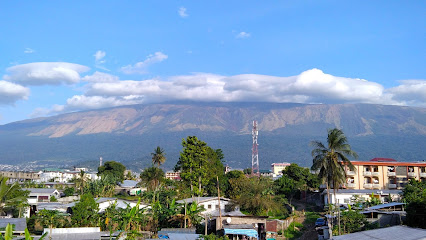
Sarah Etonge Foundation
Discover the cultural heritage of Buea at the Sarah Etonge Foundation, a hub for education and community engagement in Cameroon.
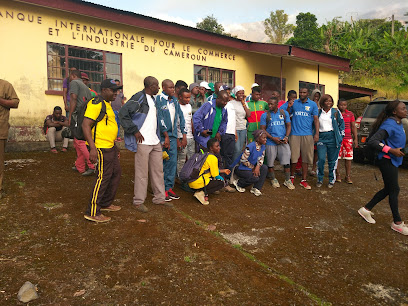
Jungle Village
Explore Jungle Village, Limbe's hidden gem, where lush landscapes and serene spots offer a perfect escape into nature for every traveler.
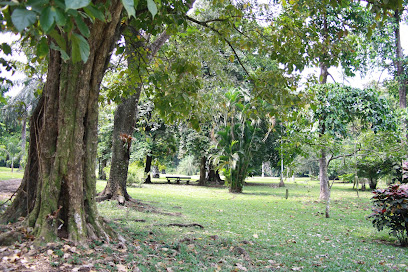
Regional Handicraft Village Limbe
Experience the rich culture and craftsmanship at Regional Handicraft Village Limbe, a vibrant hub of artistic expression and unique souvenirs.
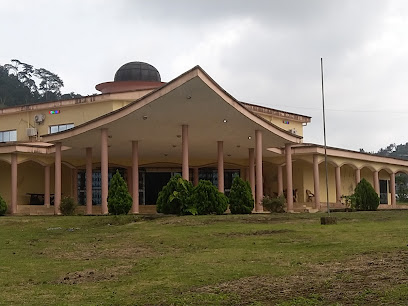
NGOME GARDEN
Discover the natural beauty and tranquility of Ngome Garden in Limbe, a perfect retreat for relaxation and cultural experiences.
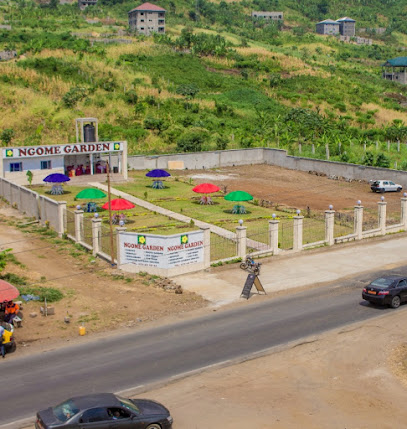
Upper farm
Discover Upper Farm in Buea, a serene tourist attraction offering stunning views, hiking trails, and a glimpse into sustainable agriculture in Cameroon.

Kass City
Explore the stunning beauty and vibrant culture of Kass City, a hidden gem on the coastal shores of Limbe, Cameroon.

Bota Island
Explore Bota Island, a serene tourist attraction along the Limbe River in Cameroon, perfect for nature lovers and adventure seekers.

Dja Faunal Reserve
Discover the breathtaking Dja Faunal Reserve, a UNESCO World Heritage Site teeming with wildlife and lush landscapes in Cameroon.

Markets, malls and hidden boutiques
Kamal shops buea
Discover local flavors and fresh produce at Kamal Shops in Buea, a vibrant grocery store that captures the essence of Cameroonian culture.
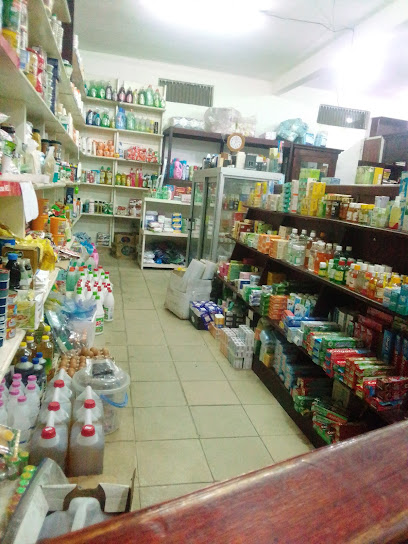
D-MART Cameroon
Discover the vibrant shopping experience at D-MART Cameroon in Buea, featuring local delights and international products in a lively atmosphere.
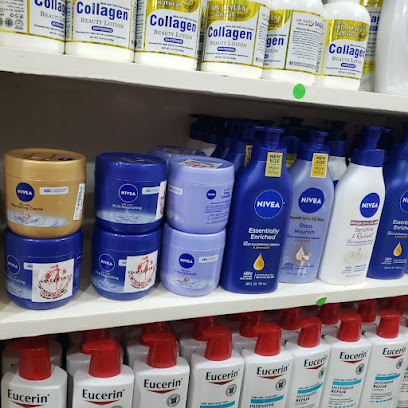
Lamires Shopping
Explore Lamires Shopping in Buea for unique fashion accessories that blend local craftsmanship with contemporary style, perfect for every traveler.
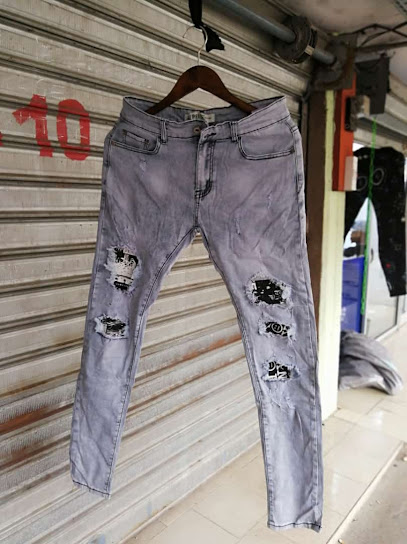
House of Trose
Explore unique fashion at House of Trose in Buea, where local culture meets contemporary style, offering an unforgettable shopping experience.
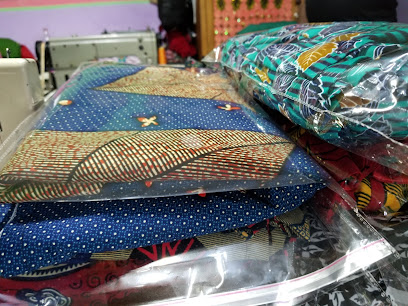
Ayisi Collection
Explore Ayisi Collection in Buea for trendy clothing that embodies local fashion and global styles, perfect for every traveler.
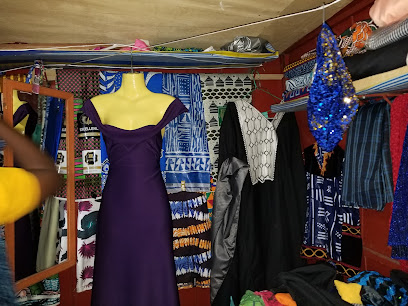
My own man's shop
Explore Buea's hidden gem, My Own Man's Shop, for unique home goods that reflect local craftsmanship and vibrant culture.
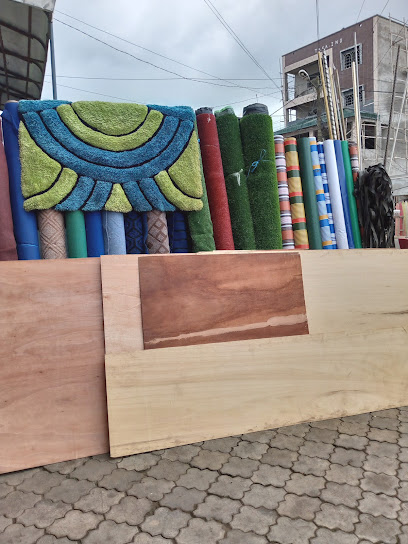
HarryBlaq Fashion House
Explore unique fashion accessories at HarryBlaq Fashion House in Buea, where local artistry meets contemporary style, creating unforgettable pieces.
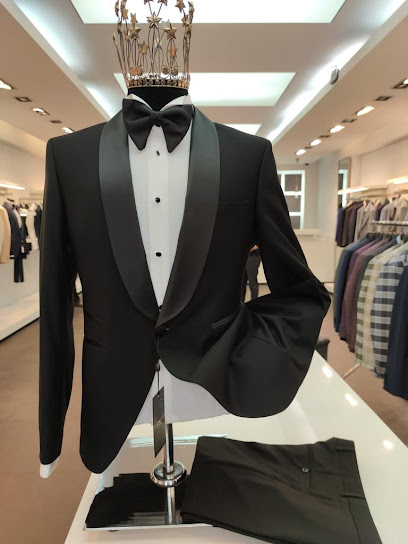
Fako United Shop
Discover unique furnishings and local treasures at the Fako United Shop in Buea, a must-visit destination for every traveler.
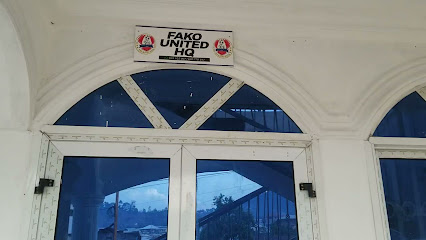
CLASS MARKET
Discover cutting-edge electronics at CLASS MARKET in Buea – where quality meets variety in a vibrant shopping atmosphere.

Rex Prints
Discover personalized apparel at Rex Prints in Buea, where creativity meets quality for unforgettable travel souvenirs.

AGOGO BOOKSHOP
Discover AGOGO BOOKSHOP in Buea, a charming book store offering a diverse range of literature and a cozy atmosphere for all book lovers.
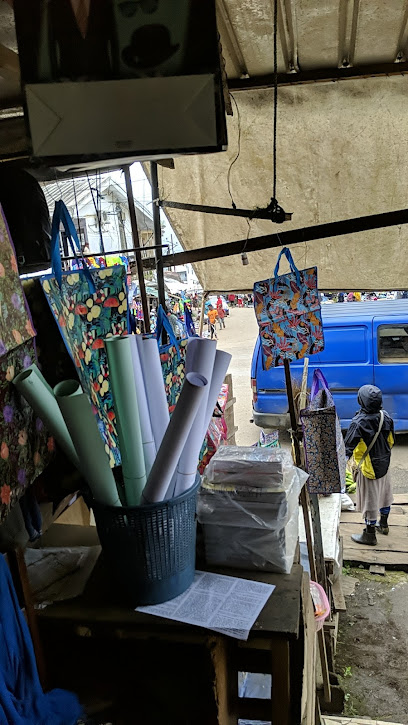
Love Beads & Wallpaper Market, Buea
Explore the colorful Love Beads & Wallpaper Market in Buea for unique handicrafts, vibrant beads, and an authentic cultural experience.
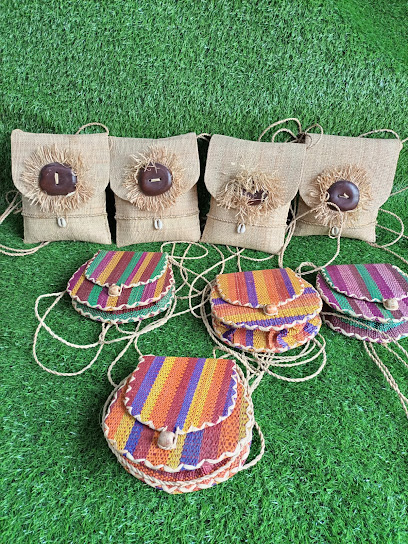
R&A World Cameroon
Discover R&A World Cameroon in Buea for an extensive range of beauty products that cater to every need, enriching your beauty journey.

Ghana/miracle seed cameroon
Explore Miracle Seed in Buea, Cameroon, your go-to destination for holistic health and natural beauty products sourced from local traditions.
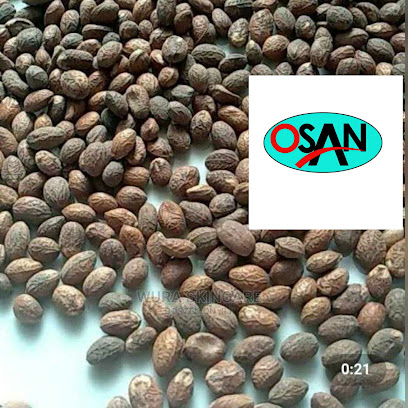
Forever Living Products Cameroon
Explore the best of natural health and wellness at Forever Living Products Cameroon, your destination for organic supplements and holistic living.

Essential bars & hidden hideouts
Ebony Snack Bar
Experience the vibrant flavors of Buea at Ebony Snack Bar, where local snacks meet a lively atmosphere in the heart of Cameroon.
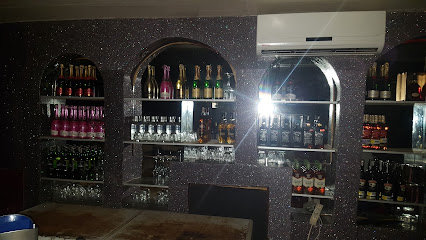
IRISH PARK SNACK BAR AND LODGING
Experience the welcoming charm of Irish Park Snack Bar and Lodging, a perfect blend of local flavors and cozy accommodations in Buea.
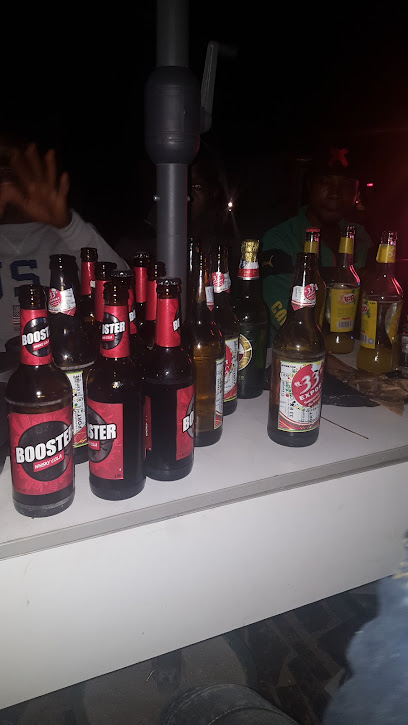
The Figaro Bristrot
Discover relaxation and local flavors at The Figaro Bristrot in Buea, the perfect lounge for unwinding after your adventures.
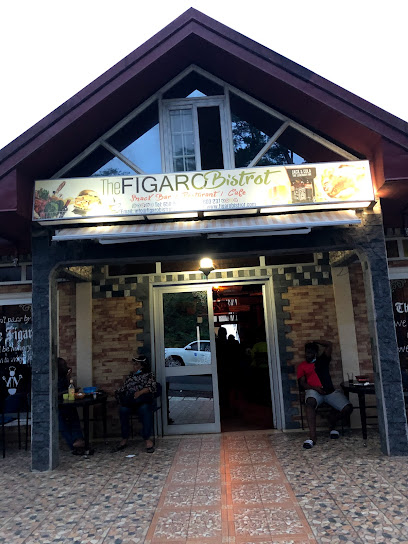
Monia Bar
Experience the vibrant nightlife and local culture at Monia Bar in Buea, where great drinks and good vibes await you.
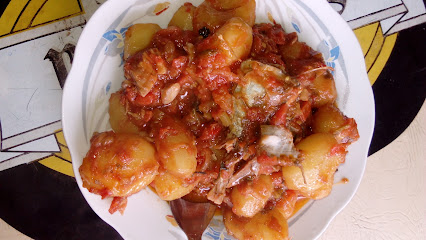
Down Beach Bar
Experience the vibrant culture and refreshing drinks at Down Beach Bar in Mutengene, a perfect spot for relaxation and socializing.
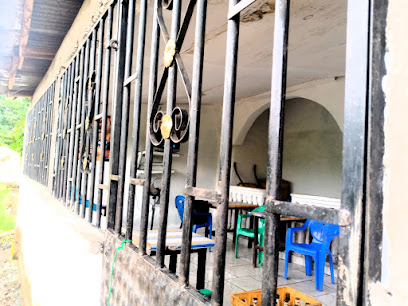
OXGN LOUNGE
Discover the lively OXGN Lounge in Buea - a perfect blend of local culture, refreshing drinks, and vibrant entertainment.
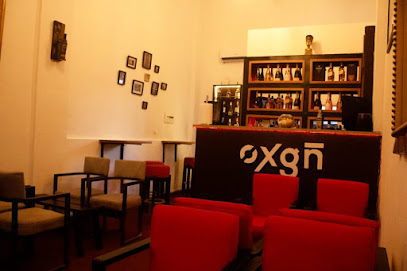
Five Stars Bar
Experience the vibrant nightlife at Five Stars Bar in Bonadikombo, where delicious drinks and a lively atmosphere await every visitor.
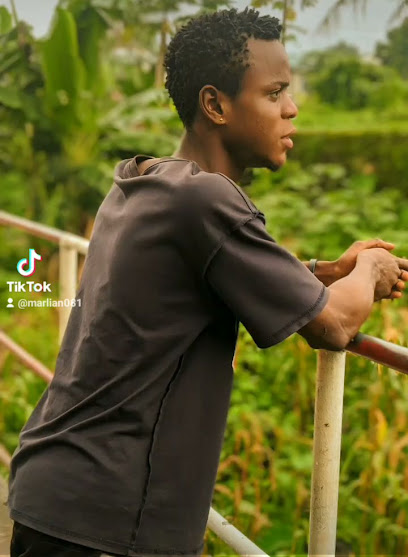
Momo Me
Discover the vibrant nightlife at Momo Me, the go-to bar in Buea for refreshing drinks and a welcoming atmosphere.
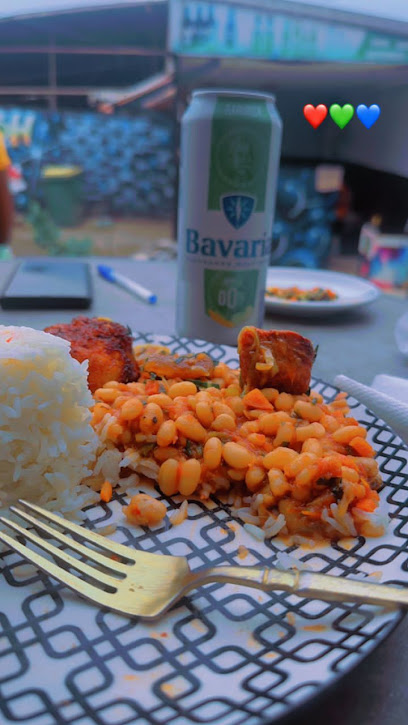
Kim's Lounge
Unwind at Kim's Lounge in Buea, where friendly service meets a vibrant atmosphere and a wide array of refreshing drinks.
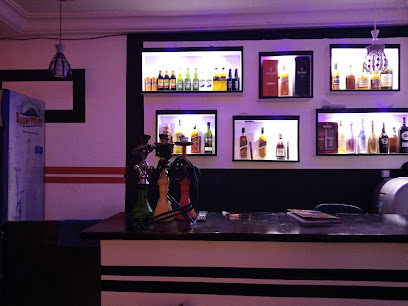
Campadge Treet
Discover the lively ambiance and unique flavors of Campadge Treet, a vibrant bar in Buea perfect for socializing and relaxation.

Junior Bar
Experience authentic local flavors at Junior Bar, a vibrant grill in Mile 4 that brings culinary culture to every delicious bite.
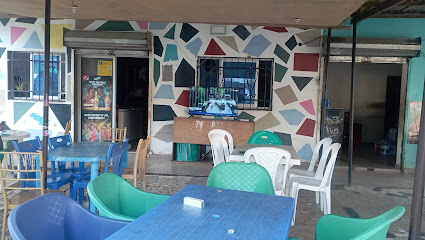
Timbuktu Wines and whiskeys
Discover a vibrant bar experience at Timbuktu Wines and Whiskeys in Buea, where local flavors and hospitality come together in a lively atmosphere.
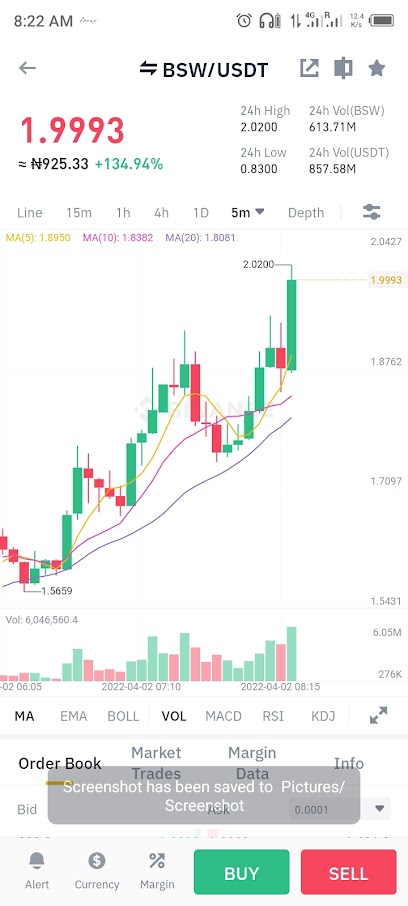
One for the road
Discover the vibrant nightlife of Buea at One for the Road, where local culture meets refreshing drinks in a charming atmosphere.

Experimental Wine Shop
Experience the charm of Buea at the Experimental Wine Shop, a cozy bar offering an exquisite selection of local and international wines.

Local Phrases about Mount Cameroon National Park
-
- HelloSawubona
[sah-woo-BOH-nah] - GoodbyeHamba kahle
[HAM-bah kah-HLAY] - YesYebo
[YEH-boh] - NoCha
[chah] - Please/You're welcomeNgiyacela
[ngiyah-CHAY-lah] - Thank youNgiyabonga
[ngiyah-BOHNG-gah] - Excuse me/SorryUxolo
[oo-SOH-loh] - How are you?Unjani?
[oon-JAH-nee] - Fine. And you?Ndiyaphila. Wena?
[ndee-yah-PHEEL-ah. WAY-nah] - Do you speak English?Uyakwazi ukukhuluma isiNgisi?
[oo-yah-KWAH-zee oo-koo-koo-LOO-mah isin-GEE-see] - I don't understandAndikwazi
[ahn-dee-KWAH-zee]
- HelloSawubona
-
- I'd like to see the menu, pleaseNdicela ukubona imenyu, ndiyacela
[uhn-dee-CHAY-lah oo-koo-BOH-nah ee-MEN-yoo, ndee-yah-CHAY-lah] - I don't eat meatAndiyifuni inyama
[ahn-dee-yee-FOO-nee ee-NYAH-mah] - Cheers!Oogy!
[OOH-gee] - I would like to pay, pleaseNdicela ukulipha, ndiyacela
[uhn-dee-CHAY-lah oo-koo-LEE-pah, ndee-yah-CHAY-lah]
- I'd like to see the menu, pleaseNdicela ukubona imenyu, ndiyacela
-
- Help!Usizo!
[oo-SEE-zoh] - Go away!Hamba!
[HAM-bah] - Call the Police!Dlala amapolisa!
[DLAH-lah ah-mah-poh-LEE-sah] - Call a doctor!Dlala udokotela!
[DLAH-lah oo-doh-koh-TEH-lah] - I'm lostNdihlukile
[ndee-HLOO-kee-leh] - I'm illNdiphilile
[ndee-PHEEL-ee-leh]
- Help!Usizo!
-
- I'd like to buy...Ndicela ukuthenga...
[uhn-dee-CHAY-lah oo-koo-THEHNG-gah] - I'm just lookingNdizama kuqala
[ndee-ZAH-mah koo-KAH-lah] - How much is it?Yimalini le?
[yee-MAH-lee-nee leh] - That's too expensiveLeyo iyadala kakhulu
[LEH-yoh ee-YAH-dah-lah kah-KHOO-loo] - Can you lower the price?Ungayizisa iingcaciso?
[oon-gah-yee-ZEE-sah ee-eeng-kah-CHEE-so]
- I'd like to buy...Ndicela ukuthenga...
-
- What time is it?Yintoni ixesha?
[yee-NEE-toh ee-KHEH-shah] - It's one o'clockYi ngeentshanelo
[yee ngay-eent-shah-NEH-loh] - Half past (10)Ngesihlanu
[ngay-see-KHLAH-noo] - MorningEkuseni
[eh-koo-SEH-nee] - AfternoonEkwindini
[eh-kwee-NEE-nee] - EveningEbusuku
[eh-boo-SOO-koo] - YesterdayIzolo
[ee-ZOH-loh] - TodayNamhlanje
[nahm-HLAHN-jay] - TomorrowKusasa
[koo-SAH-sah] - 1Kunye
[koo-NYEH] - 2Kubili
[koo-BEE-lee] - 3Kuthathu
[koo-TAH-too] - 4Kune
[koo-NEH] - 5Mihlanu
[mee-KHLAH-noo] - 6Mnandi
[m-NAN-dee] - 7Mnane
[m-NAH-neh] - 8Mpuku
[m-POO-koo] - 9Mvumi
[m-VOO-mee] - 10Mnanga
[m-NAH-ngah]
- What time is it?Yintoni ixesha?
-
- Where's a/the...?Laphi...
[lah-PHEE] - What's the address?Yiziphi iindwendwe?
[yee-ZEE-pee een-DWEHN-dweh] - Can you show me (on the map)?Uyakwazi undiqhelisa?
[oo-yah-KWAH-zee oon-dee-KHEH-lee-sah] - When's the next (bus)?Izolo kusasa?
[ee-ZOH-loh koo-SAH-sah] - A ticket (to ....)Iphasi
[ee-PAH-see]
- Where's a/the...?Laphi...
History of Mount Cameroon National Park
-
Mount Cameroon, also known as Fako or Mongo ma Ndemi, is an active stratovolcano. It is the highest peak in West Africa, standing at 4,095 meters. The mountain was formed by volcanic activity that began millions of years ago during the Neogene period. Its formation is part of the Cameroon Volcanic Line, a chain of volcanoes extending from the Gulf of Guinea to Lake Chad.
-
The Bakweri people are the indigenous inhabitants of the region surrounding Mount Cameroon. They have lived in the area for centuries, developing a rich culture intertwined with the mountain. The Bakweri refer to the mountain as 'Mongo ma Ndemi,' which means 'Mountain of Greatness.' Their traditions, including rituals and festivals, pay homage to the mountain's spiritual significance.
-
The first recorded European to sight Mount Cameroon was Portuguese navigator Fernão do Pó in 1472. During the 19th century, German explorers and missionaries began to visit the region, leading to the establishment of plantations and the colonization of Cameroon by Germany in 1884. Mount Cameroon became a focal point for scientific studies and expeditions during this era.
-
One of the most significant eruptions of Mount Cameroon occurred in 1922. The eruption caused widespread damage to local villages and altered the landscape of the mountain. Lava flows extended down its slopes, impacting the flora and fauna. The event was documented by scientists and remains a key historical moment in the study of the mountain's volcanic activity.
-
Cameroon gained independence in 1960, and since then, there have been numerous efforts to conserve Mount Cameroon and its surrounding environment. The establishment of Mount Cameroon National Park in 2009 marked a significant step in protecting the area's biodiversity. The park aims to preserve the unique ecosystems and cultural heritage of the region while promoting sustainable tourism.
-
The Mount Cameroon Race of Hope is an annual event that began in 1973. It is one of the most challenging mountain races in the world, attracting athletes from across the globe. The race highlights the cultural significance of the mountain and brings together local communities. Traditional festivals, such as the Bakweri 'Ngondo' festival, also celebrate the cultural heritage of the region and its connection to Mount Cameroon.
Mount Cameroon National Park Essentials
-
Mount Cameroon National Park is located near the town of Buea in the Southwest Region of Cameroon. The nearest international airport is Douala International Airport, approximately 65 kilometers away. From Douala, you can take a taxi or a bus to Buea, which typically takes around 1.5 to 2 hours by road. Alternatively, you can hire a private car for a more comfortable journey.
-
Within Mount Cameroon National Park and the surrounding areas, transportation options include taxis, local buses, and motorbike taxis (known as 'okadas'). Taxis are relatively inexpensive and can be shared with other passengers. For a more adventurous option, consider renting a mountain bike or hiking to explore the park's trails. Car rentals are available in Douala and Buea for those who prefer to drive.
-
The official currency in Cameroon is the Central African CFA Franc (XAF). Credit cards are accepted in some hotels, restaurants, and shops in larger towns like Buea, but it is advisable to carry cash, especially when traveling to rural areas and within the park. ATMs are available in Buea, but make sure to withdraw enough cash before heading into the park.
-
Mount Cameroon National Park is generally a safe destination for tourists. However, it is important to take standard precautions. Avoid walking alone at night in unfamiliar areas and keep an eye on your belongings in crowded places. Some neighborhoods in Buea and Douala have higher crime rates targeting tourists, so it is best to stay vigilant and avoid these areas after dark. Always follow the advice of local guides and authorities.
-
In case of emergency, dial 112 for immediate assistance. The local police station, medical facilities, and pharmacies are available in Buea. It is recommended to have travel insurance that covers medical emergencies and evacuation. For minor health issues, you can purchase over-the-counter medications at local pharmacies. Keep emergency contact numbers handy and inform someone of your travel plans, especially if hiking or trekking within the park.
-
Fashion: Do dress modestly and comfortably, especially when hiking. Avoid wearing revealing clothing. Religion: Do respect local customs and traditions. Remove your hat and shoes when entering religious sites. Public Transport: Do be respectful and give up your seat to elderly passengers. Don’t eat or drink on public transport. Greetings: Do greet people with a handshake and a smile. A slight bow of the head is also a sign of respect. Eating & Drinking: Do try local delicacies and accept food offerings graciously. Don’t refuse hospitality, as it is considered impolite.
-
To experience Mount Cameroon National Park like a local, consider visiting the local markets in Buea where you can buy fresh produce and traditional Cameroonian goods. Engage with locals, as they are often friendly and willing to share stories about the area’s culture and history. Don’t miss the annual Mount Cameroon Race of Hope, a challenging race to the summit that draws participants from around the world. For a unique experience, join a guided hike to the summit of Mount Cameroon, which offers breathtaking views and diverse wildlife.
Nearby Cities to Mount Cameroon National Park
-
Things To Do in Limbe
-
Things To Do in Tiko
-
Things To Do in Malabo
-
Things To Do in Douala
-
Things To Do in Luba
-
Things To Do in Edea
-
Things To Do in Nkongsamba
-
Things To Do in Calabar
-
Things To Do in Uyo
-
Things To Do in Kribi
-
Things To Do in Dschang
-
Things To Do in Mamfe
-
Things To Do in Mbouda
-
Things To Do in Bafoussam
-
Things To Do in Bamenda








